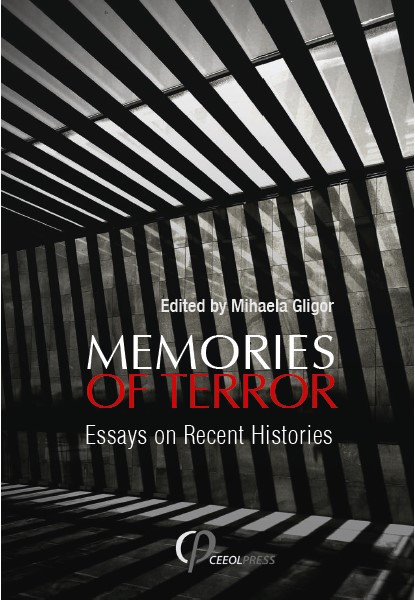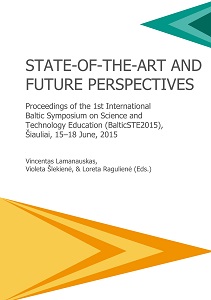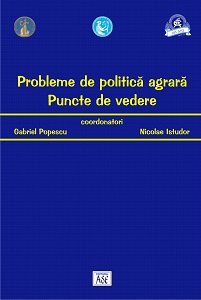
We kindly inform you that, as long as the subject affiliation of our 300.000+ articles is in progress, you might get unsufficient or no results on your third level or second level search. In this case, please broaden your search criteria.










Teacher creativity is essential for development of students’ creativity. Creation of methods for development of teacher creativity, as a part of teacher education, is a necessity. Within project PROFILES (Professional Reflection-Oriented Focus on Inquiry-based Learning and Education through Science) we discovered that an effective method of development of science teacher creativity is a training of teachers in implementation of IBSE. Styles of teacher creativity were studied using Kirton’s Adaptation-Innovation Inventory. Levels of creativity were identified by a case study.
More...
Physics teaching strategies used in university-based science courses are mainly focused on the so-called traditional teaching, composed of lectures and laboratory exercises. This way of teaching physics does not allow students to acquire understanding of basic notions of physics so that some enduring misconceptions may hinder future learning. Thus, our research aims to identify the conditions of implementation of the discussion method in a physics education course for pre-service teachers. Our results point out three conditions that must be satisfied to implement successfully the discussion method in physics education courses. We conclude by stating advantages and limits of our research.
More...
Innovation is one of the most popular topics in today’s education environments. STEM education aims to improve innovation skills of students. This study explores three programming tools that can be used to teach basic programming concepts to children in the context of STEM education. Also, it is discussed innovation skill development potential of these tools.
More...
This paper shows the mathematical task, calculation of the volume of the antiprism in cube as a secondary school mathematical problem, which can help to teach mathematics in the relationship between its parts. The contribution brings the mathematical background, mentions experiences with them as well as visualizations and the possibilities of its completion.
More...
The paper describes the experience of sessions on chemistry of paintings and chemistry of pencils for 8-10 y.o. pupils and their parents. The session consisted of lecture on the history of paints and pencils and laboratory sub-session where the participants made paints and pencils themselves. The participants could quit whenever they wanted, but really worked for more than two hours without break, that is extremely long for this age. We think that the reason is a diverse activity and a bright output.
More...




